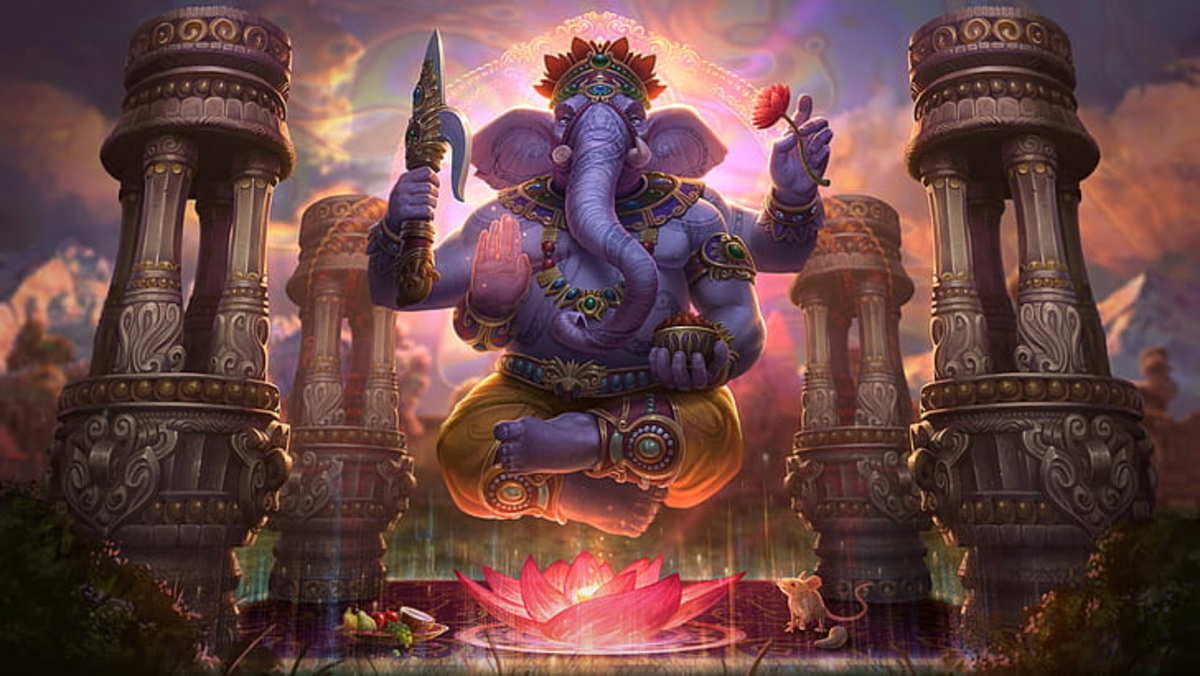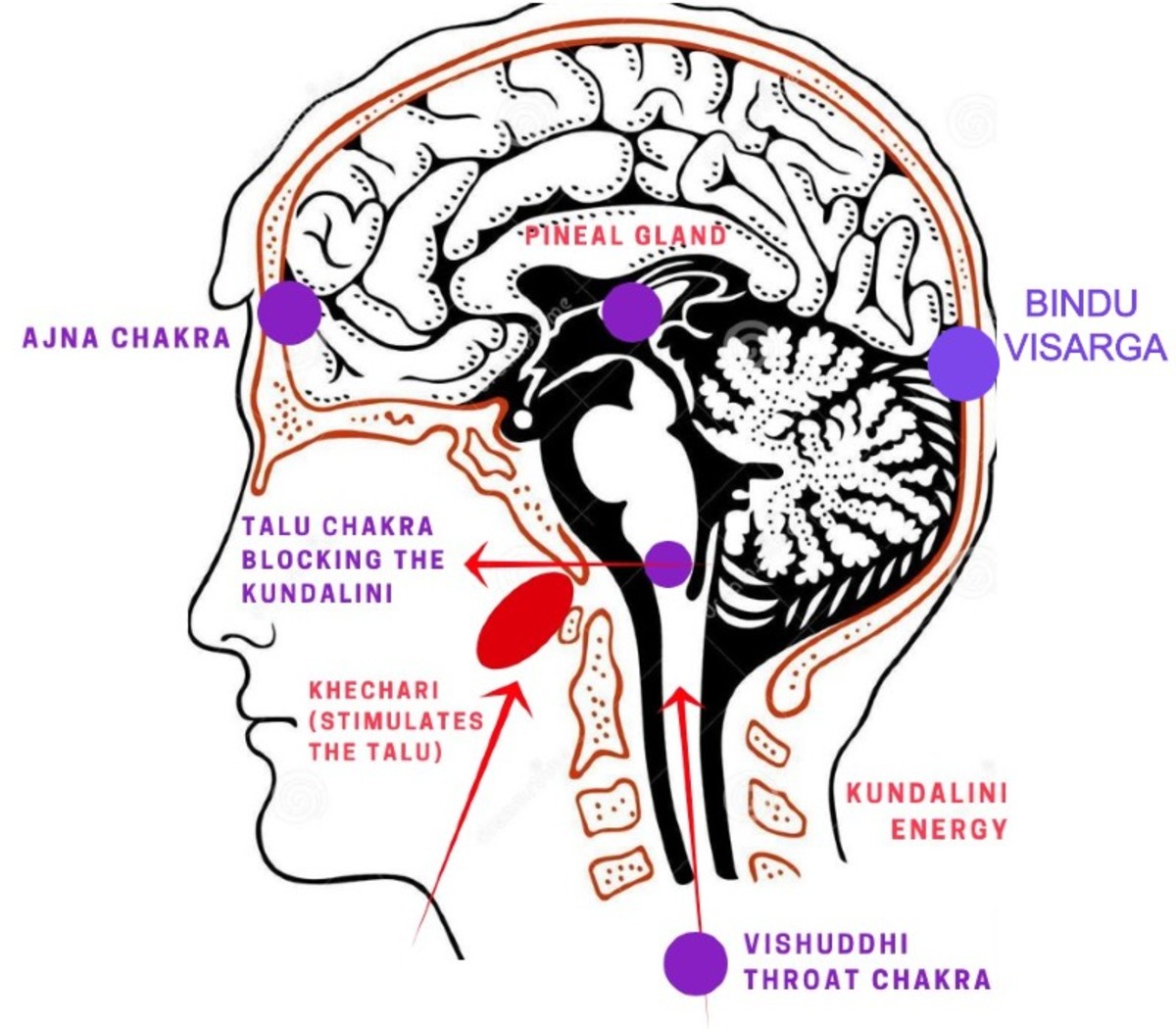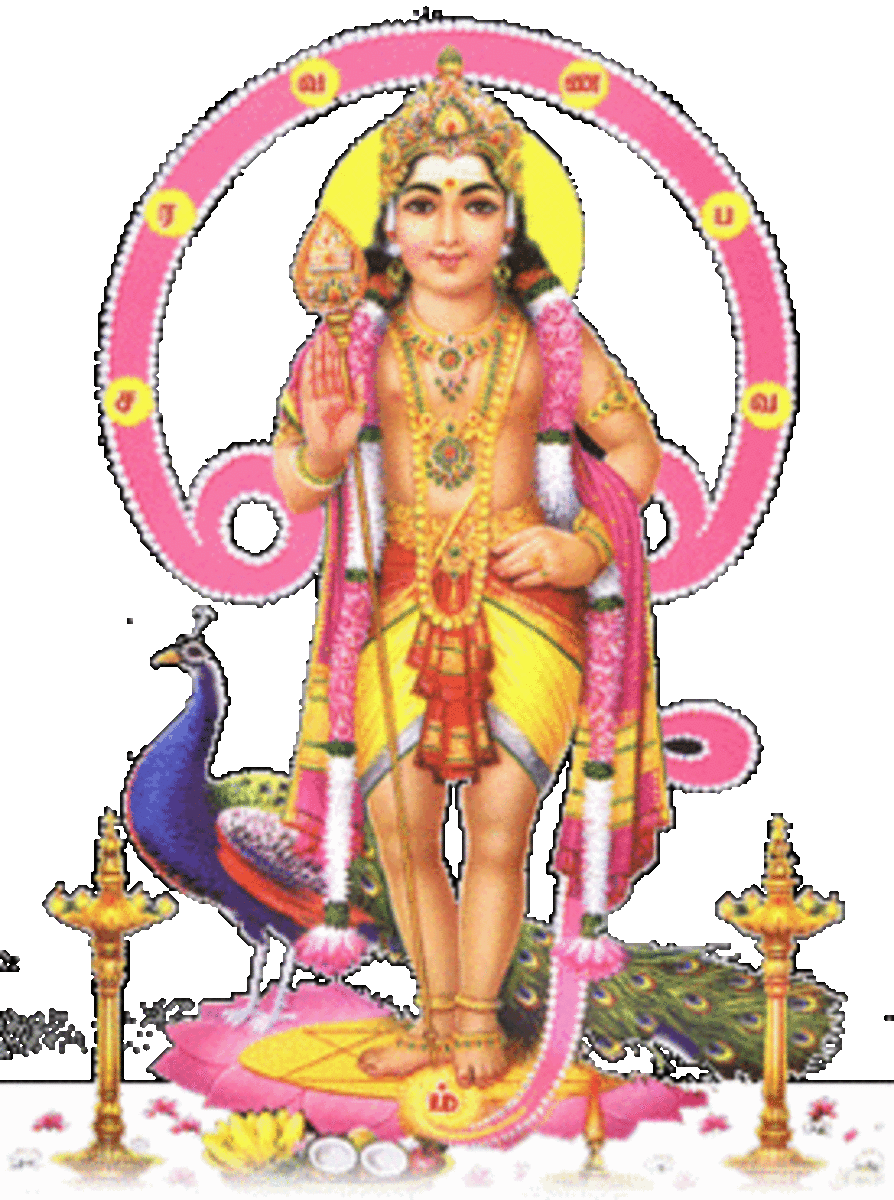The Origin of Hinduism

What is Hinduism?
Hinduism is a prominent religion from India. There is no specific definition of this religion, as in actual this is not a religion, but a community of the people from Indian subcontinent who do not follow Islam, Christianity, Jainism, Buddhism, Sikhism, Zorastrian or Jewish religion etc.
In fact, there is no mention of the word Hindu in any of their sacred text. Veds, Upanishids, Mhabharat, Ramayan, Purans are considered as holy books of Hindus, but none of them mentions this word. This word is not indigenous and ancient, and none of ancient Indian language knows the word Hindu.
The word Hindu is of Arabian and Persian origin, and they used it for the people living in the region east to Indus river. In the beginning, the word was never used for religion, or the followers of a specific religion, but for the people of specific region.
When British came to India and established here as the rulers, they started the Census of India. The word Hindu was first used as followers of religion in the first Census.
Then Who is a Hindu?
As I have written above that there is no specific definition of Hinduism, it is not easy to decide who is Hindu and who is not. The easiest definition could be as such:
One, who calls himself or herself as a Hindu, he/she is a Hindu.
But it is not a scientific definition of the follower of Hinduism.
I think that a Hindu is:
1. One, who believes in all or one of the Gods Brahma, Vishnu and Mahesh
and / or
2. One, who's priests are Brahmins
and / or
3. One who follows one of the following religious sects: Vedic, Shaivism, Vaishnavism or subsects of these sects.
Origin of Hinduism
Now let us see what is the origin of Hinduism.
In ancient India, there were three important religions, i.e. Jainism, Buddhism and Vedic religion. First two were indigenous, while the last one was invention of Aryans, who came from west.
Most of the Hindus today are non-vedic. The Vedic religion exists prominently in Brahmins.
When we examine the traditions, rituals and food habits of Hindus, we find that Hinduism is nothing but an amalgamation of Jainism, Buddhism and Vedic religion.
As we know, a large number of Hindus are vegetarians. Another thing we know that Vedics were meat eaters and beef eaters in ancient time. So the vegetarianism in Hinduism came there from Jainism.
Animal sacrifice was one of the most important rituals in Vedic religion. Vedics stopped this ritual because of strong opposition by Jains and Buddhist. Compassion for animals in Hinduism came from Jainism and Buddhism, and sacrificing animals came from Vedic religion.
Vedics were not idol worshipers. Idol worshiping in Hinduism came from Jainism.
The saffron color is considered as holy in Hinduism. But it came there from Buddhism. On the other hand, importance of white color in Hinduism came from Jainism.
The importance of 4 rainy months (Chaturmas) in Hinduism came from Jainism and Buddhism. The importance of fasting came from Jainism.
Thus, we can see many Jain and Buddhist elements in present day Hinduism, followed by some Vedic elements.
-Mahavir Sanglikar
- The Origin of Shaivism
Shaivism is the oldest sect of the Hindu religion. But we must note that Shiv is a non- vedic God. There is no reference to Shiv or Shaivism in Rigveda. According to some scholars, Vedic God Rudra was evolved in Shiv. But this theory is not accepted - Who Was Krishna?
Krishna is the main character of Mahabharat, the famous and popular epic of India. It is considered as a holy Hindu book, but it is a collection of several fables. It has nothing to do with any specific religion. Further, Mahabharat was compiled afte - Decline of Hinduism
Today the percentage of Hindus in Indian community is said to be 79. But in actual, Hindus are not more than 65 %, and when we think of entire Indian subcontinent, they are less than 40%........ - What Jains Do Not Tell You About Jainism?
Most of the Jains like to hide the key factors of Jainism and talk only about Non-violence and Vegetarian diet. Here are some unique features of Jainism - Future of Buddhism in India
I do not care about what my Buddhist friends will say about my this observation that many Buddhist laymen and monks like to speak against other religions, especially Hinduism........ - Mahatma Gandhi and Jainism
Mahatma Gandhi, the great leader of India's freedom movement was influenced by Jain Philosophy. This article gives you information on Gandhi's affinity with Jainism. Gandhi was born in Modh Vanik community, a merchant community of Gujarat. This commu








